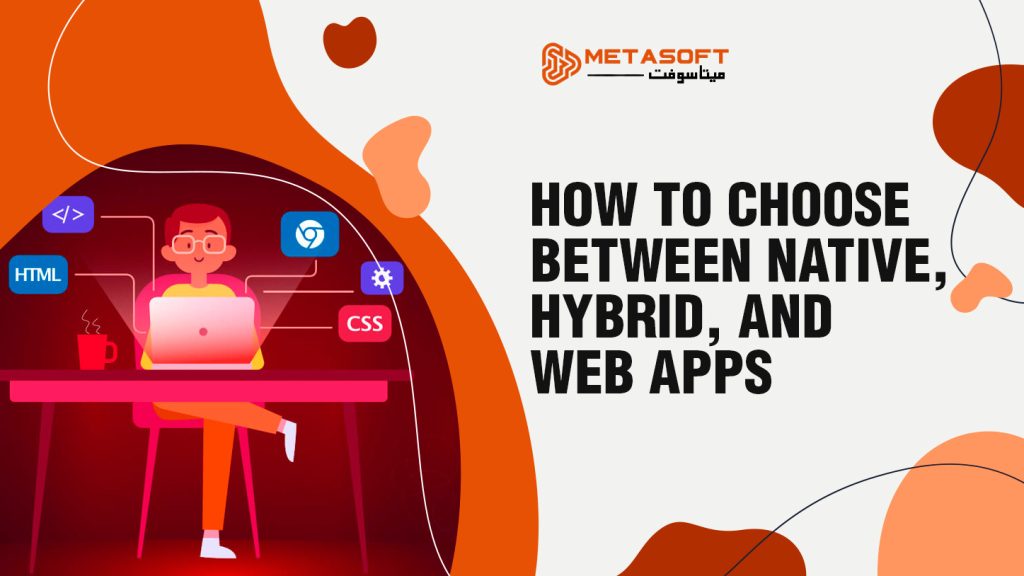Introduction
Deciding on a thing you don’t have enough information for is always risky. Businesses often face this in the decision of which type of application, native, hybrid or web best suits their needs. Each app has its own pros and cons, advantages and considerations, making it necessary to evaluate and understand them carefully before deciding. In this blog, we will discuss each one of them to make our readers make an informed decision.
Native Apps
Native apps are built specifically for a particular platform (iOS or Android) It uses the platform’s inherent languages and tools like Swift for iOS, Kotlin for Android. They also provide the best performance and user experience because they are optimized for the operating system they run on.
Pros and Cons
Native apps run smoothly and efficiently. They offer an intuitive interface that aligns with the standard design guidelines of the OS. They also have full access to device capabilities like GPS, camera and notifications. However, creating separate apps for iOS and Android can be expensive and time consuming. Changes have to be implemented in each native app separately which ultimately means increasing maintenance challenges.
Hybrid Apps
Hybrid apps combine elements of both native and web applications. They are built using web technologies (HTML, CSS, JavaScript) and wrapped in a native container, which allows access to some native features.
Pros and Cons
A single codebase can run on multiple platforms, significantly reducing development time and costs. Updates can be made quickly across all platforms. Hybrid apps can utilize some device features, providing a balance between web and native experiences. Although, they may not run as smoothly as native apps, especially for graphics-intensive applications. Although hybrid frameworks have improved access to device features, they still fall short compared to purely native apps.
Web applications
They are essentially websites optimized for mobile devices. They run in a web browser and adapt to different screen sizes. Web apps don’t need to be downloaded from an app store.
Pros and Cons
Users can access web apps directly through a browser, making them more accessible. Development is generally cheaper since you only need to create and manage one version. Changes can be made on the server side without requiring user downloads. Albeit these benefits, web apps can’t fully utilize device capabilities like camera access or GPS. They may not be as fast or responsive as native or hybrid apps due to reliance on browser technology.
Considerations for Choosing the Right Type
When deciding between native, hybrid, and web apps, consider the following factors. Identify which devices and platforms your audience uses most frequently. If you’re aiming for high engagement on mobile, native may be the way to go. Assess your budget and available resources. If finances are tight, hybrid or web applications might be more suitable. Think about the key features and functionality your app needs. If you require deep integration with device hardware, native apps are preferable. Consider your timeline for launching the app. Hybrid and web apps may offer faster turnaround times compared to native apps. Evaluate how often you plan to update the app. If frequent changes are expected, web or hybrid apps could provide more flexibility. Mobile app design must also improve for a better experience for users of either type.
Conclusion
The decision between native, hybrid and web apps ultimately hinges on your specific business goals, audience needs and resource availability. By understanding the strengths and weaknesses of each option, you can make a more informed choice that aligns with your vision for the app. Investing time in this decision-making process can pay off in the long run, leading to a successful product and a satisfied user base. You can also discuss with Meta Soft Technologies for better guidance on app design services that will be better for your business.

